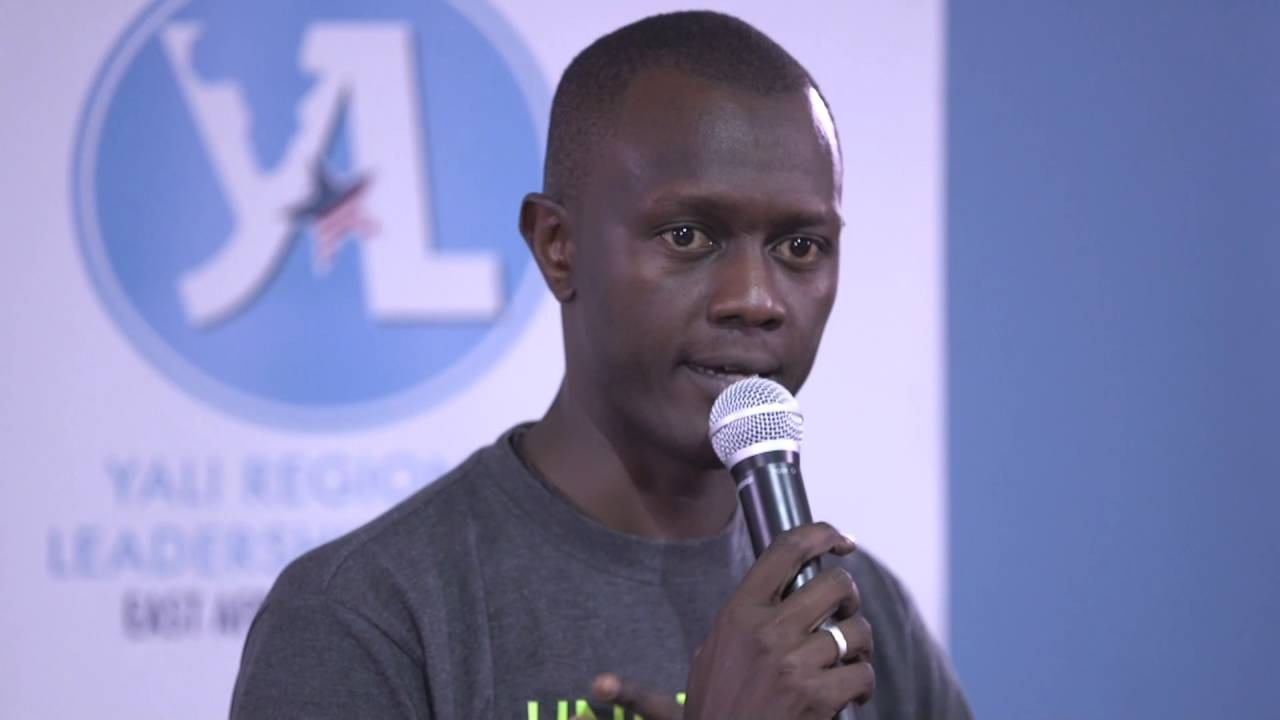Once hailed as a trailblazer in Kenya’s education-tech space, Tonee Ndungu — founder of Kytabu Company Limited — is now fighting serious fraudallegations in court. What began as a promising investment in a rising startup has turned into a bitter legal showdown over lost millions.
Thank you for reading this post, don't forget to subscribe!Court filings at the High Court in Nairobi detail claims by a businessman who accuses Ndungu and Kytabu ofswindling him out of Sh6.3 million through what he calls a “well-orchestrated share transfer scam.”
The dispute dates back to January 2025, when Kytabu, then still viewed as one of Kenya’s most innovative edtech ventures, approached the investor for funding to scale its operations. According to the investor, Ndungu pitched an enticing offer: Sh5 million for a 7.5% stake in the company via a convertible loan agreement, formalized on 10 February 2025.

The money was promptly transferred to Kytabu’s Stanbic Bank account in Nairobi, with the expectation that legal formalities — including share registration — would follow swiftly.
Instead of equity, the investor says he received silence.
Despite submitting all required documentation by 20 February, the businessman claims that Kytabu stopped responding. Emails went unanswered. Phone calls were dodged. Requests for updates were ignored.
In legal documents filed by Mumbi Karoki & Company Advocates, the investor states he has been left completely in the dark. “Since advancing the convertible loan and LPO financing, the plaintiff has received no communication, income, or involvement in the company,” the statement reads.
He is now asking the court to either enforce the share transfer or compel Kytabu to refund the entire amount — plus interest and legal fees.
Tonee Ndungu is no stranger to the limelight. In the early 2010s, he emerged as one of Kenya’s most visible tech entrepreneurs, gaining attention for launching Kytabu — a digital platform aimed at making learning materials more accessible. His personal story, including living with dyslexia, added emotional weight to his public image.
Ndungu became a fixture at innovation forums, TEDx stages, and policy panels, often praised for blending personal struggle with social entrepreneurship.
But behind the PR gloss, critics now say the startup was running on fumes. Former collaborators paint a more complex picture: a charismatic founder with big ideas but poor follow-through. They describe an enterprise that may have stayed afloat not through growth, but through a cycle of new investor capital.
The ongoing legal case pulls back the curtain on what the investor claims was a carefully curated illusion. Believing he was buying into a fast-growing company, he now suspects the deal was nothing more than a ploy to raise emergency cash.
By mid-2025, all contact with Kytabu had allegedly ceased. With no options left, the investor turned to the court system.
“This is not just about recovering money,” his lawyer emphasized. “It’s about accountability. Innovation should not become a smokescreen for financial misconduct.”
The lawsuit has implications far beyond the individuals involved. For Ndungu, it puts his credibility — and legacy — on the line. For Kytabu, once a beacon of Kenya’s digital education hopes, it raises serious questions about internal governance and financial transparency.
Should the court side with the investor, Ndungu risks becoming a cautionary symbol — a reminder that even the brightest ideas require integrity to succeed.
So far, he has not issued a public response. But as the case proceeds, one thing is clear: Kenya’s startup ecosystem is watching closely.
What was once a story of tech-fueled optimism is now unfolding as a stark warning — that in business, especially where trust is currency, reputation can be lost in a single deal.






